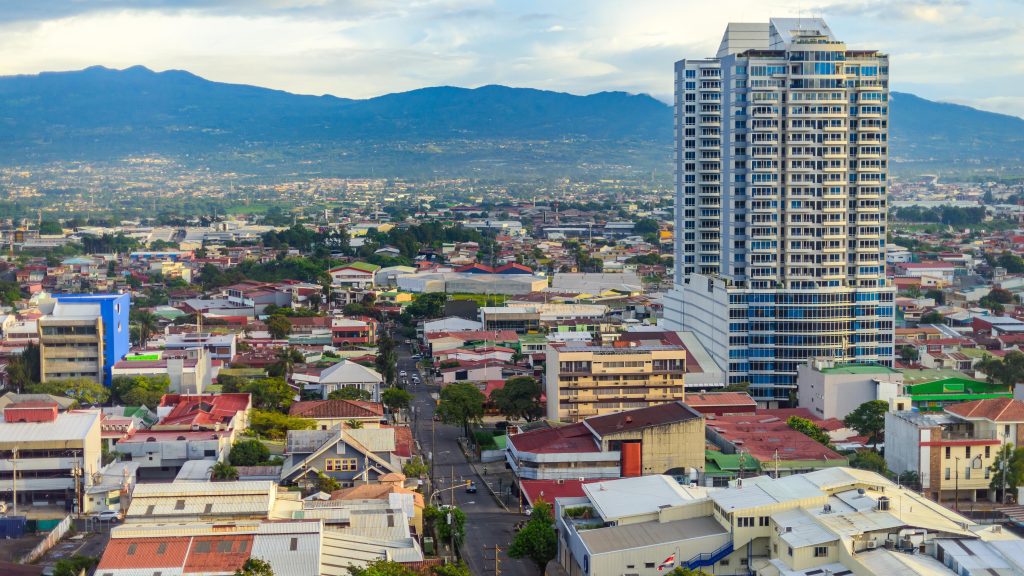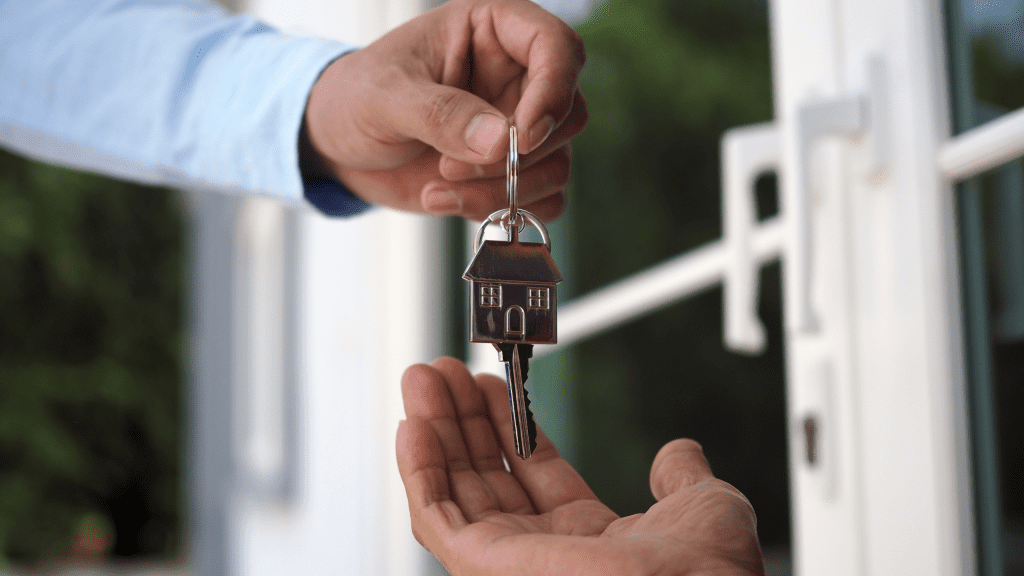With its lush landscapes, warm weather, and laid-back lifestyle, Costa Rica has become a magnet for digital nomads, retirees, and long-term travelers. But while paradise awaits, renting a home here is not as straightforward as in North America or Europe. Between unfamiliar laws, variable quality, and cultural differences, there are a few key pitfalls that newcomers often stumble into.
Here are the top 5 mistakes to avoid when renting in Costa Rica—plus expert advice to help you secure the right home from the start.
1. Not Understanding the True Cost of Living
Many people arrive in Costa Rica expecting everything to be dirt cheap. While certain items like healthcare, public transport, and local produce are affordable, rental costs in major cities and tourist hotspots can be surprisingly high—especially for furnished or modern apartments.
Facts:
- A furnished 1-bedroom in San José costs between $750 and $1,200 USD/month (Corporate Stays).
- Monthly utilities, internet, and groceries can add $400–$600/month for a single person.
- In upscale neighborhoods like Escazú or Santa Ana, prices often jump 20–30% due to imported goods and higher demand.
Tip: Always ask for an all-inclusive cost before signing a lease. Be clear about whether the price includes water, electricity, internet, and maintenance fees.
2. Signing a Lease Without Legal Protection
Leases in Costa Rica should be legally binding in Spanish. Many newcomers either sign documents they can’t fully understand or rely on verbal agreements—both of which can end poorly.
Facts:
- Under Costa Rican law (Ley General de Arrendamientos Urbanos y Suburbanos), leases default to 3 years, even if the contract says otherwise unless negotiated differently.
- Landlords cannot increase rent by more than 15% annually unless stated and justified by official inflation indexes.
Mistake: Foreigners often rely on handshake deals or sign English-only contracts, assuming it’ll be “fine.” If problems arise, they have no enforceable agreement.
Tip: Have your lease translated and reviewed by a local attorney. Request a Spanish version for legal standing, especially for leases longer than 6 months.

3. Failing to Research the Neighborhood
You might find a great-looking apartment online—only to move in and realize the street is noisy at night, far from transit, or prone to flooding during the rainy season (May to November).
Facts:
- Some areas in downtown San José suffer from outdated drainage systems. Flash flooding can impact buildings and transit access.
- Certain neighborhoods are lively during the day but may feel unsafe after dark. Local knowledge is essential.
Tip: Spend a few days in the area before committing. Use Google Street View, ask expats in forums like Expat Exchange or Facebook Groups, and check proximity to supermarkets, pharmacies, and hospitals.
Bonus: Neighborhoods like Rohrmoser, Curridabat, and La Sabana are growing favorites among digital nomads for their mix of safety, green space, and urban convenience.
4. Overlooking Lease Terms on Maintenance and Repairs
Maintenance responsibility is not always clearly outlined in Costa Rican leases. Tenants may find themselves responsible for repairs they weren’t expecting—from appliances to plumbing.
Facts:
- According to Costa Rican rental law, the landlord is responsible for “structural integrity,” while tenants must maintain appliances and daily upkeep unless stated otherwise.
- Disputes arise often when neither party specifies who’s in charge of what.
Mistake: Assuming landlords will fix issues promptly—this is not always the case, especially in budget rentals or rural areas.
Tip: Ensure your lease clearly outlines:
- Who maintains air conditioning, plumbing, and appliances
- Who handles pest control (important in tropical areas)
- What happens in case of emergency repairs
5. Paying in Cash or Without Proper Documentation
Cash payments are still common in Costa Rica, but this can leave renters vulnerable. Without documentation or proof of payment, it’s difficult to dispute overcharges or evictions.
Facts:
- According to Costa Rican law, landlords must issue a receipt for each rent payment if requested.
- Digital payments or transfers through a local bank account provide a clear trail of payment.
Mistake: Some renters pay large deposits in cash without contracts or receipts—and then lose that money when disputes arise.
Tip: Always pay rent using traceable methods. Ask for a digital invoice or signed receipt. If you’re transferring from a foreign account, clarify currency expectations to avoid confusion over exchange rates.
Bonus Tips: What to Look for in a Rental
- Internet Speed: Many rural areas don’t support high-speed fiber. If you work remotely, ask for a speed test result before signing.
- Furnishings: “Furnished” in Costa Rica can mean anything from fully equipped to just a bed and a fridge.
- Air Conditioning: Not all units have it—and electricity is expensive. Consider ceiling fans and shaded buildings to cut costs.
- Public Transport: If you don’t plan to rent a car, check how close the bus stops and taxi services are.

What Makes Renting in Costa Rica Through a Reputable Company Worth It?
Choosing a professional rental service like Corporate Stays eliminates many of the risks above. Here’s how:
- Transparent leases in English and Spanish
- Fully furnished units with reliable appliances and support
- Prime locations near amenities and public transit
- Bills included for easy budgeting
- On-the-ground support in case of maintenance issues
It’s ideal for digital nomads, traveling professionals, or anyone needing a stress-free move.
Final Thoughts
Costa Rica is a stunning, welcoming country—but renting here comes with a learning curve. By avoiding these 5 common mistakes and doing your due diligence, you can enjoy the Pura Vida lifestyle without surprises.
Whether you’re staying a few months or making a long-term move, the right rental makes all the difference. Considering a move to Costa Rica? Read our complete guide on living, working, and finding the right rental to make your transition smooth: Moving to Costa Rica.
Looking for a trusted rental in San José?
Discover our high-end furnished rentals in San José’s most sought-after neighborhoods—luxuriously equipped, centrally located, and move-in ready.

